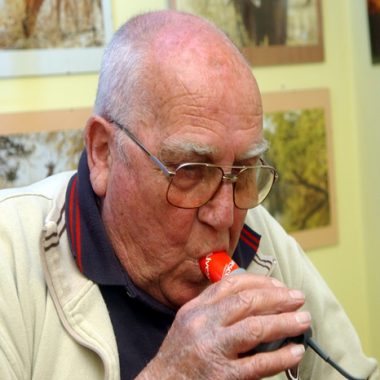New spirometry training requirement ‘not covered under GMS’, says GPC

GPs do not need to undertake new NHS England training requirements to perform spirometry in their practices, according to the BMA’s GP Committee.
A statement from the GPC has clarified that despite spirometry appearing as an ‘item within QOF’, it is not part of General Medical Services, leaving local commissioners responsible for defining what training requirements are needed.
The clarification comes after NHS England released new ‘training standards’ for spirometry in 2016, which the GPC claims ‘will make the provision of spirometry more onerous’.
However, NHS England told Pulse that all healthcare professionals have a duty to ensure they are appropriately trained and qualified to carry out their work.
In a statement on the BMA website, the GPC said: ‘The fact that spirometry appears as an item within QOF does not define it as part of general medical services.
‘In many areas spirometry is delivered through a local enhanced service, and in these areas the commissioners have the right to define what training requirements are needed for the provider to fulfil the contract.’
The GPC added that where practices are not specifically commissioned for spirometry but still wish to provide the service, the responsibility for ensuring that staff are appropriately trained rests with the practice partners, ‘who will need to be aware of the recommendations of NHS England’.
Guidance from the BMA has previously said that while ‘there are no mandatory requirements for performing spirometry’, the CQC ‘expects practices to be able to demonstrate that all staff who perform spirometry tests or interpret results are competent’,
The latest statement added that the CQC could look for ‘equivalence’ between the NHS England training recommendations and training provided by GPs for their staff.
GP partner and Kent LMC chairman Dr Gaurav Gupta, who is also a GPC member, told Pulse: ‘GP practices are well placed to undertake procedures like spirometry in the community for our patients but this work should be adequately funded and supported by the CCGs.’
Pulse first revealed in 2013 that GPs would have to undergo specialist training in order to continue using spirometry in their practices, as part of new rules being developed for NHS England.
It was later announced that GPs will have to be certified and placed on a national register by 2021.
An NHS England spokesperson said: ‘NHS England recognises the historic local variations that exist in how spirometry services are commissioned and this means local commissioners are best placed to determine if any cases of non-provision are a contractual matter or not.’
They added all healthcare professionals have a duty to ensure they are appropriately trained and qualified to carry out their work as keeping skills up to date is an important professional responsibility.
This comes after NICE asthma guidelines released in November recommended that spirometry and forced exhaled nitric oxide testing are used by GPs where available, alongside the usual clinical assessment of symptoms, as it will make diagnosis more accurate and treatment more effective.
Visit Pulse Reference for details on 140 symptoms, including easily searchable symptoms and categories, offering you a free platform to check symptoms and receive potential diagnoses during consultations.









